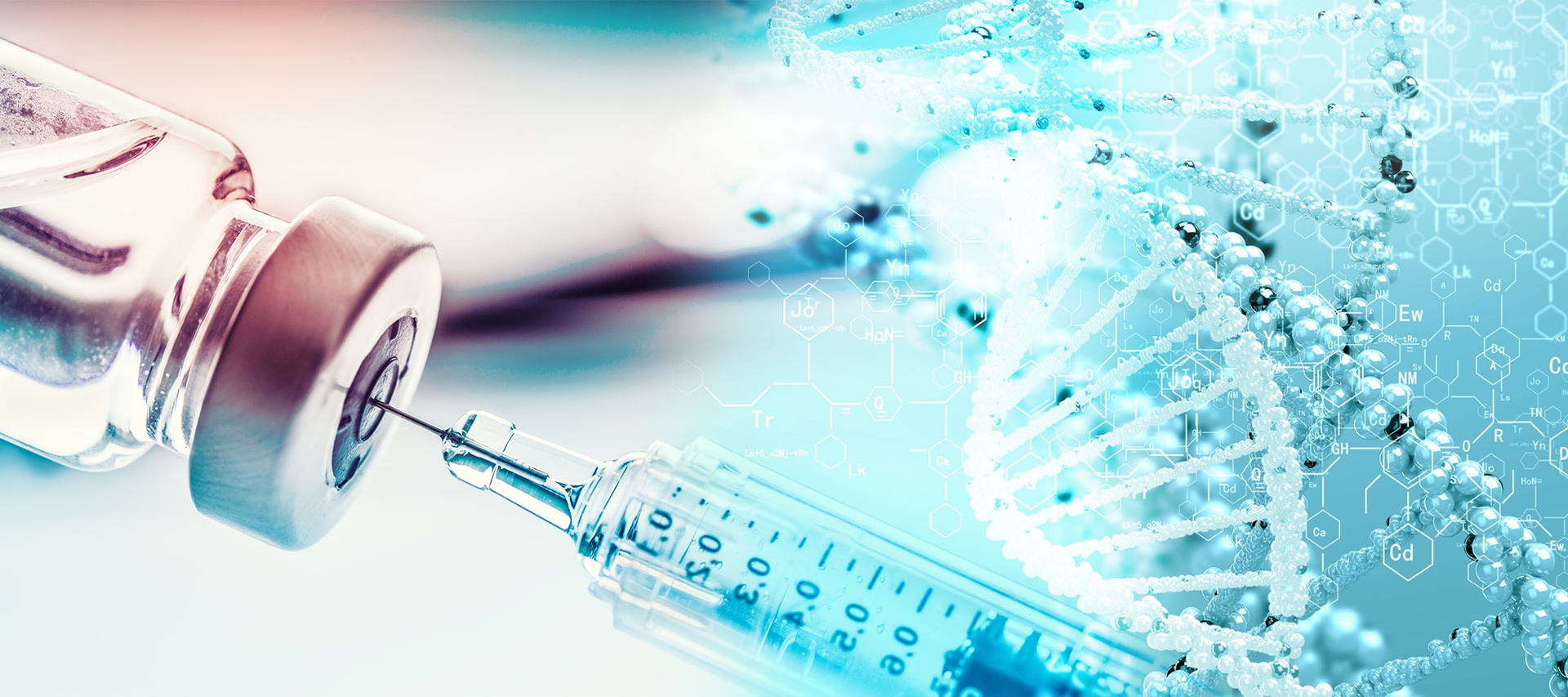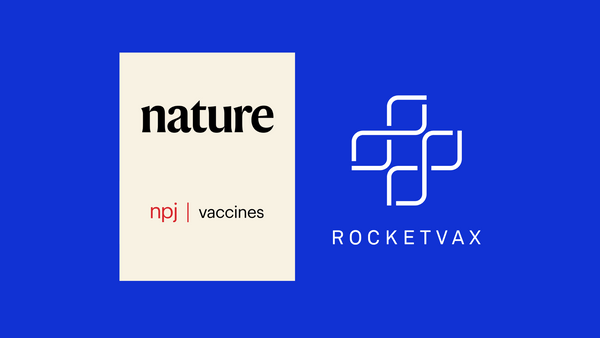Source: SRF 1 Radio
The most important differences between RVX-13, RocketVax’s SARS-CoV-2 vaccine, and the first-generation vaccines are as follows:
- RVX-13 induces a comprehensive activation of the immune system. Unlike the first-generation vaccines, which only target the spike protein, RVX-13 contains all the SARS-CoV-2’s structural proteins. This provokes a significantly broader antibody response and reduces the risk of a ‘viral escape’.
- The helper T cell response is activated. When a person is infected with a virus, viral proteins are also presented to helper T cells as a second line of defense (cellular immunity). As RVX-13 contains all the possible epitopes and not only those of the spike protein, this leads to a significantly improved T cells response.
- Cytotoxic (‘killer’) T cell response. Our vaccine enters the cells, and SARS-CoV-2 proteins are produced in those cells, like the current mRNA vaccines producing only the Spike protein. The viral proteins are then presented to the cytotoxic T cells. RVX-13 contains over 70% of the relevant ‘killer’ T cell epitopes of SARS-CoV-2 – a repertoire that extends far beyond the Spike protein.
- SARS-CoV-2 mutations will less heavily impact the efficacy of RVX-13. Mutations in the spike protein are reducing and increasingly threatening the efficacy of first-generation vaccines. The efficacy of RVX-13, which provides the immune system with the full palette of viral antigens, is therefore not entirely dependent on the spike protein.
- No adjuvants are required. Because our vaccine does not require any adjuvant substances to strengthen or stabilize it, such as PEG (polyethylene glycol), allergic reactions are avoided. The ‘natural packaging’ of RVX-13 in a virus particle stands in contrast to the conventional mRNA vaccines.
- Simple transportation and storage. Compared to the mRNA vaccines, our RVX-13 vaccine remains stable at ambient air temperatures for longer, making it easier to store and distribute.
- No pre-existing immunity. There are no foreign vector sequences contained in the RVX-13 that could lead to immunogenicity, a reduced level of protection, or a weaker reaction to COVID-19. This means that having previously been infected with SARS-CoV-2 or having previously received a COVID-19 vaccine does not prevent someone from receiving the RVX-13 vaccine.






